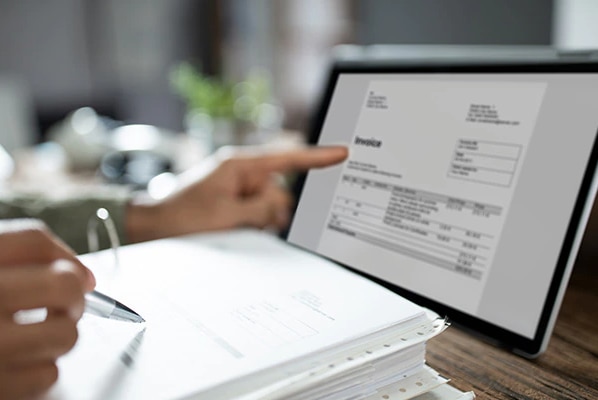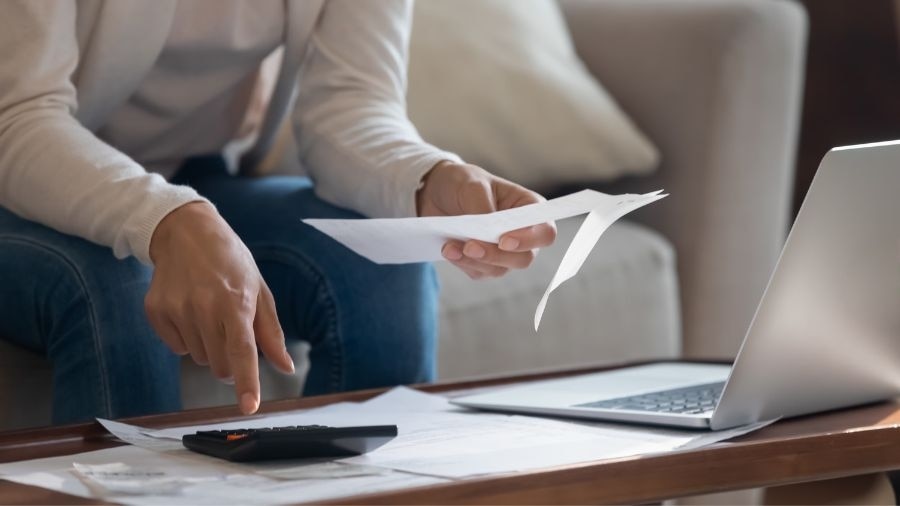How to Record Accruals
When you recognize income, you enter the accrual under your income account as well as an asset account, such as accounts receivable. When you recognize an expense, you enter the accrual under your expense account as well as a liability account, such as accounts payable.
Then, when the payment exchanges hands, you can offset the accrual in your asset or liability account and then debit or credit your cash account.
While this requires additional steps compared to cash-based accounting, it’s much easier to record each event properly than wait for the end of the year to convert your cash-based records to comply with CRA accrual-based accounting requirements for tax purposes.
Recognizing expenses even before you pay for them ensures your books stay up to date with your company’s current resources and financial obligations. With QuickBooks Online, you can organize your business finances and stay ready for tax time. Try it free for 30 days.



